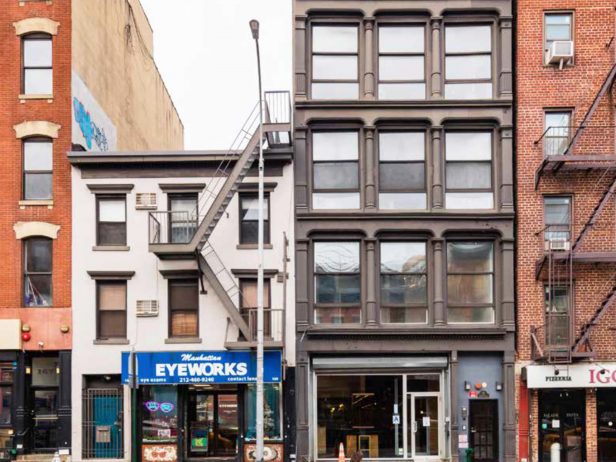
With borrowers willing to pay a premium rate in favor of more leverage and more flexible loan provisions, bridge lenders and alternative lending platforms are finding a robust pipeline of deal flow.

New York City, NY – December 09, 2019 – globest.com – Debt service coverage, debt yields, and loan-to-value restrictions have challenged the ability of banks and other traditional institutions to compete on value-add transactions, leaving the gates open to alternative lenders.
With borrowers willing to pay a premium rate in favor of more leverage and more flexible loan provisions, bridge lenders and alternative lending platforms are finding a robust pipeline of deal flow for value-add financing opportunities, David Berg, partner at Infinity Real Estate, tells GlobeSt.com.
“Some of the alternative lending groups have experience in the borrower’s shoes on the same types of value-add investment, so these lenders have an easier time getting their arms around the business plan,” Berg said.
Often, value-add deals have the low in-place cash flow or a business plan that intends to alter the cash flow, which in many cases makes traditional lenders that focus on debt-yield and coverage ratios reluctant. As a result, alternative lenders such as Infinity have found a niche in providing higher leverage to borrowers to execute on a renovation or repositioning investment strategy.
For example, in a transaction last week, Infinity Real Estate teamed up with BridgeInvest to lend $12 million on BH’s $14 million acquisition of 169-171 First Avenue. The high-leverage senior loan will finance the two buildings comprised of two retail units and five, full-floor residential units that are each approximately 2,000 square feet. Combined, the total area of the two properties is 13,185 square feet. At 169 First Ave., Momofuku Noodle Bar serves as the anchor tenant and is on a long-term lease.
“We understand the upside that the borrower is trying to capture through the value-add program and see a clear path for the borrower to do so, and we’re comfortable providing financing through this lens,” Berg said.
Alternative lenders, who were traditionally private equity players, are launching debt funds and issuing loan products that banks and even large insurance companies cannot keep pace with, emerging a competitive force in the space, a recent GlobeSt.com article noted. Alternative lenders could soon overtake loan issuance over life insurance companies, according to data from Real Capital Analytics.
For the 2019 year, debt funds represented a larger share of the commercial mortgage markets than life insurance companies. RCA noted a 10% share for life insurance companies compared to a 9% share for debt funds. It is in the riskier investment styles, where debt funds are more competitive, allowing them to capture more market share than insurance company lenders this year, the data noted.